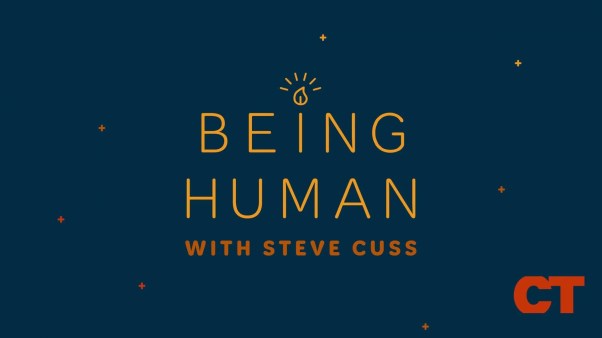When we imagine Nicodemus, we tend to think of night. We first meet the religious teacher in John 3. When Jesus tells him he must be born again, Nicodemus has questions about obstetrics. He sounds like an almost-immovable skeptic.
Arthur Brooks challenges us to hear the less-noticed questions Nicodemus asks later in a meeting with other religious leaders (7:45–52). Nicodemus’s questions, haltingly sympathetic with Jesus, provoke mockery as his peers ask if he, too, is a Galilean. In From Strength to Strength, Brooks argues that in this scene, Nicodemus is in “a transitional state, between his old beliefs and the new ones that attract him.”
By nearly the end of the gospel, Jesus’ disciples have fled during the night, yet Nicodemus is right there, in the broad daylight, caring for Jesus’ body (19:38–42). Brooks points out that Nicodemus is considered a saint in Catholic and Eastern Orthodox churches, “and, charmingly, the official patron saint of curiosity.”
Some wonder whether books really matter in an image-driven, social media age, but we at CT believe they matter more than ever. The nation is polarized largely because all the “thinking” we do is expected to be immediate and public. If one doesn’t have a position posted as soon as some question emerges, another likely asks if he or she is really “one of us” or will suggest that “the silence is deafening.”
But that’s not how we human beings change our minds about anything. We change after we wrestle through questions, as we ponder, as the “yeast” of a thought appeals to our imagination, our conscience, our expectations. That can only happen away from the judgmental gaze of tribal belonging—and with an attention that can seem like slowness.
That’s why we need books. A book offers a conversation and an argument. As we read, we ask, “But what about …?” and we linger over the possible answers. How many of us have been changed by imagining a scenario through the experience of a fictional character? How many of us have interacted with a book—perhaps expecting fodder for critique to prop up our own views—only to find it making sense to us? There’s a big difference between reconsidering a viewpoint and losing an argument.
Books help us in and out of those transitional spaces. They help guard our curiosity from old allegiances that don’t want us asking questions. Jesus told Nicodemus (speaking of the Spirit), “The wind blows wherever it pleases. You hear its sound, but you cannot tell where it comes from or where it is going” (3:8). Sometimes that sound is the turning of pages, and not until much later do we realize that all of our questions have changed.
Russell Moore is editor in chief of Christianity Today.









